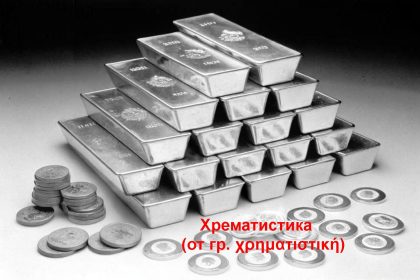
Bulgaria is poised to make a sea change from its hopes of acceding to the euro zone, in favour of adopting the Russian rouble. Plans are for the lev to have made way for the Russian currency one year from today’s date.
It is reliably understood that the plan was agreed to in a secret clause workshopped at a behind-closed-door meeting in Sofia of Government, business and union representatives.
Initially, given concerns that Bulgaria might not make the grade into the euro zone because of its worsening deficit, especially given the stern message recently from German chancellor Angela Merkel that a system should be in place to expel recalcitrant countries from the common EU currency, the idea was floated that Sofia should instead pursue accession to the dollar.
However, this idea faltered when some participants in the meeting, depressed at the prospects for the recovery of the economy of the EU’s poorest member state, believed that it was the Zimbabwe dollar, not the US dollar, to which Finance Ministry experts were referring.
As news leaked of the rouble adoption plan, some political circles welcomed the idea, especially as they would be relieved of the burden of changing money when visiting Moscow, and would have no need of troubling foreign exchange calculations when negotiating future energy deals.
The decisive moment in negotiations about a currency to replace the lev is believed to have been a presentation by visiting British economist, Professor A Hokes-Torey, who for some time has been trying without success to persuade London to take the same route, giving up the pound in favour of the rouble, which – according to Hokes-Torey – would have the additional political benefit of annoying Brussels no end.
Contacted for comment late on the eve of April 1, European Central Bank spokesperson April Pfuhl said that it was probable that Bulgaria was making the correct choice, given its uncertain long-term prospects of staying within euro zone criteria or, as Pfuhl put it, „standing the chances of a snowflake in a microwave“.
Within the ECB, in fact, officials privately believed that exclusivity was the future of the common currency, and – taking on board Merkel’s view – held that its best prospect would be if the euro became solely the currency of Germany.
In Washington, Federal Reserve spokesperson Yousto Warter-Bord said that it was to be welcomed that Bulgaria was considering employing the dollar as a reserve currency, and the US saw no slight in the decision to prefer the rouble.
The Fed’s only concern was that, as rumours reached currency markets, the rouble began to trade slightly stronger against the dollar, though at an April 1 exchange of 29.40 rouble to the dollar, there was no initial significant concern in the US.
http://www.sofiaecho.com/






